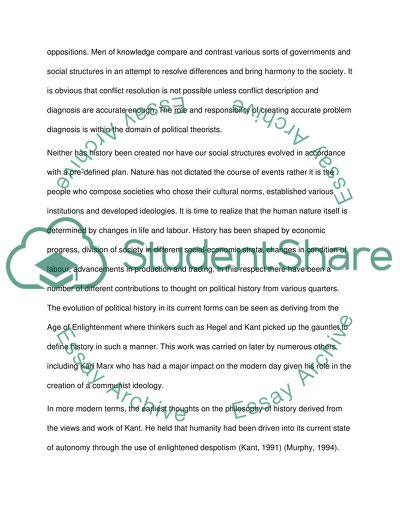Cite this document
(“Analysis of General Theories of History Essay Example | Topics and Well Written Essays - 1500 words”, n.d.)
Analysis of General Theories of History Essay Example | Topics and Well Written Essays - 1500 words. Retrieved from https://studentshare.org/philosophy/1446375-examine-general-theories-of-history-that-have-been
Analysis of General Theories of History Essay Example | Topics and Well Written Essays - 1500 words. Retrieved from https://studentshare.org/philosophy/1446375-examine-general-theories-of-history-that-have-been
(Analysis of General Theories of History Essay Example | Topics and Well Written Essays - 1500 Words)
Analysis of General Theories of History Essay Example | Topics and Well Written Essays - 1500 Words. https://studentshare.org/philosophy/1446375-examine-general-theories-of-history-that-have-been.
Analysis of General Theories of History Essay Example | Topics and Well Written Essays - 1500 Words. https://studentshare.org/philosophy/1446375-examine-general-theories-of-history-that-have-been.
“Analysis of General Theories of History Essay Example | Topics and Well Written Essays - 1500 Words”, n.d. https://studentshare.org/philosophy/1446375-examine-general-theories-of-history-that-have-been.


